Affective Neuroscience for Clinicians – Lee Stevens (Digital Seminar)
Description
When it comes to working with emotions in therapy, few interventions deal with the emotion itself and how to respond to it.
Instead, we teach our patients to manage and regulate them…and, in the process, we hope they go away.
But, often, the emotions don’t go away.
Why? Because the modalities you know and practice treat the symptoms and not the cause!
We need a new way to think about psychopathology and this is it!
I’ve devoted my career to affective neuroscience research and emotion-based therapies. And, along the way, helped thousands of patients with their emotional struggles.
YOU CAN easily and effectively help your clients create deep, lasting change by giving them the power to access and accept difficult emotions that come at unexpected times.
Spend this day with me and I guarantee that you will walk away with research proven strategies and tactics that help your patients overcome their emotional challenges and move through trauma, anxiety, and depression.
If you see patients with PTSD, trauma, anger, fear, guilt, shame, abandonment and compulsion issues – this is a must see seminar!
Purchase today and I will see you in the webcast!
Lee Stevens, Ph.D.
Outline:
Using Affect and Emotion in Therapy
- Affect reconsolidation as a universal mechanism
- When to implement affect reconsolidation
- Creating the optimal conditions in therapy
- Risks and Limitations
Affective Neuroscience Principles
- Key brain regions for emotions
- Impact of specific emotions on brain cortex
- Emotion as central problem in psychopathology
- Strategic use of emotion in therapy
The goals of emotion-based psychotherapy
- Building safety and trust with your patients
- Addressing internal and external relationships to emotion
- Achieving the optimal level of arousal
- Changing the relationship with memory and emotion
- Seeing emotions as a useful tool in therapy
Affective Neuroscience 4-Step Therapeutic Model
- Emotional Awareness/Mindfulness
- Validation of emotions
- Self-Compassion & Empathy
- Utilizing emotion
The Affect Reconsolidation Toolbox
- Mindfulness for recognizing emotions and where they come from
- Emotional validation techniques
- Techniques for optimal arousal of emotions
- Gestalt techniques for increasing emotion
- Somatic techniques for up and down regulation
- Cognitive based techniques to stop reinforcement of negative feelings
Therapeutic Goals When Targeting Specific Emotions
- Anger – boundaries and consequences, forgiveness
- Sadness – unresolved grief, primary/ secondary emotions
- Fear – managing fear responses, controlling behavior
- Desire – regulating reward systems, increasing self-control
- Disgust – self acceptance
- Jealousy/Envy – comparisons to others, self-judgement
Affect Reconsolidation in the Treatment of Trauma
- Creating curiosity about our emotional responses
- Differentiating between past and present emotions
- Work with secondary emotions first
- Affect Reconsolidation for primary traumatic feelings
NLP online course
So what is NLP?
NLP stands for Neuro-Linguistic Programming. Neuro refers to your neurology;
Linguistic refers to language; programming refers to how that neural language functions.
In other words, learning NLP is like learning the language of your own mind!
NLP is the study of excellent communication–both with yourself, and with others.
It was developed by modeling excellent communicators and therapists who got results with their clients.
NLP is a set of tools and techniques, but it is so much more than that.
It is an attitude and a methodology of knowing how to achieve your goals and get results
Preview Information:
Original Page
Add more Author:
Dr. Lee Stevens is a Boston, MA area psychologist that specializes in affect regulation and reconsolidation. Lee has published widely on clinical affective neuroscience in journals such as Journal of Psychotherapy Integration, Journal of Neuropsychiatry and Clinical Neurosciences, and International Journal of Group Psychotherapy. Additionally, he has presented his work on emotion in therapy at multiple conferences.
Dr. Stevens graduated with a Ph.D. in psychology from Tennessee State University, completed his internship in Clinical Psychology at the University of Rochester Counseling Center, and a post-doctoral fellowship at the W.G. Hefner Veterans Affairs Medical Center.
Dr. Stevens is on the executive committee of the Boston Neuropsychoanalysis Workshop, which develops models of empirical supported psychotherapy based in neuroscience.
Dr. Stevens has taught a variety of graduate and undergraduate classes at several colleges and universities in the Boston, MA area including Wheelock College, Boston College, and Harvard University.
Speaker Disclosure:
Financial: Lee Stevens is a psychologist at Reliant Medical Center and maintains a private practice. Dr. Stevens is an author and receives royalties.
Non-financial: Lee Stevens is a member of the APA, Society for Personality and Social Psychology, AGPA, and Social and Affective Neuroscience Society.
More Course: NLP – HYPNOSIS – PHILOSOPHY
Outstanding Course:The Art Of Creating Change – Experiential Systemic Therapy


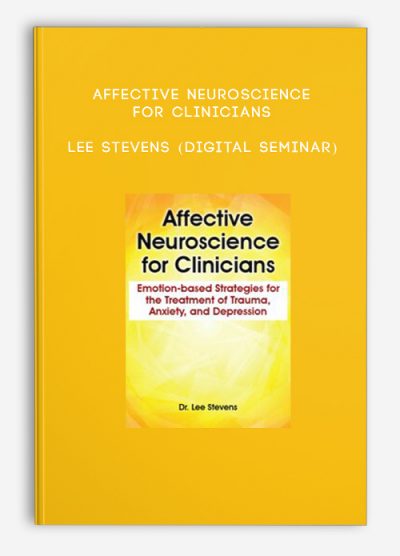
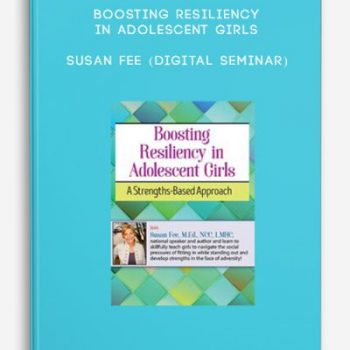
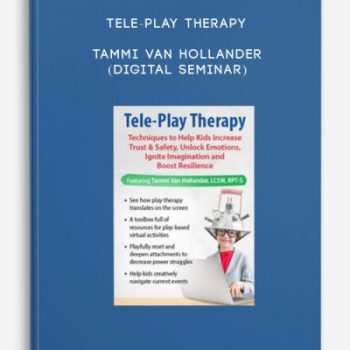
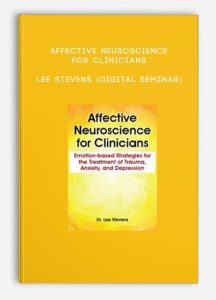





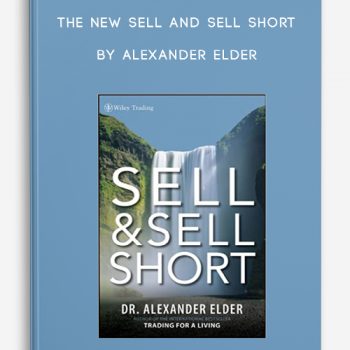


Lord –
This is Digital Download service, the course is available at Coursecui.com and Email download delivery.